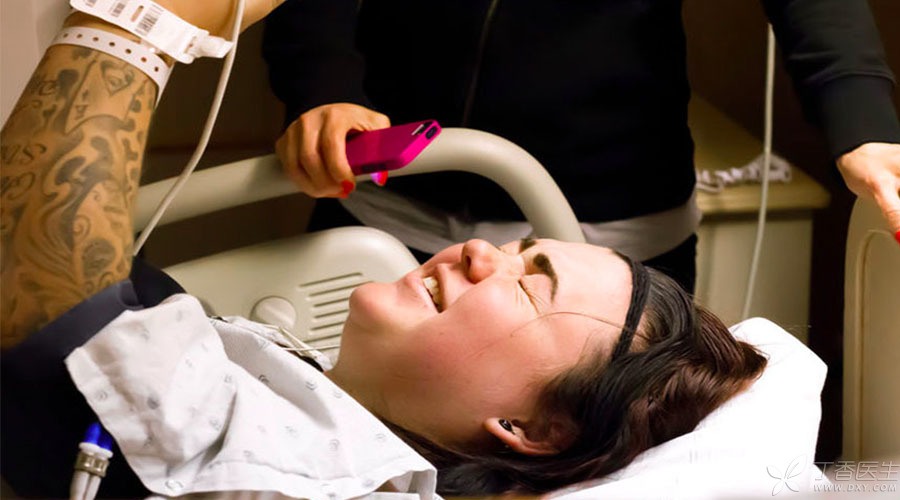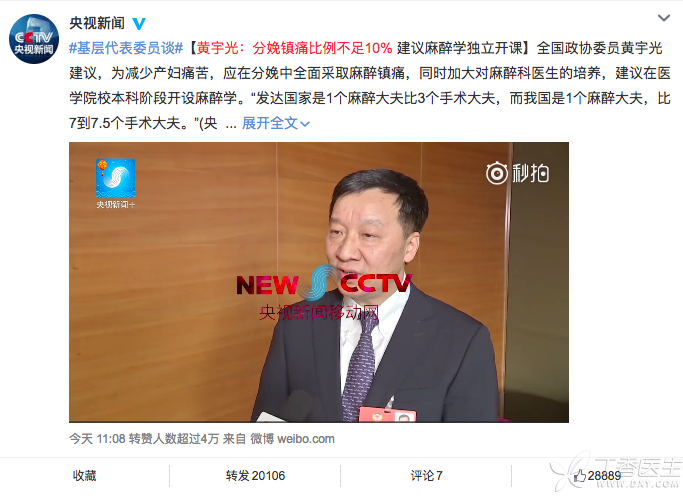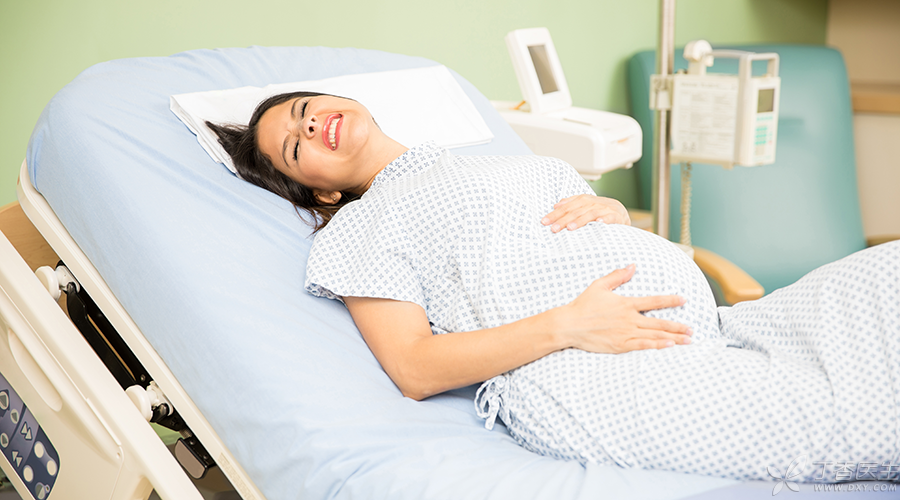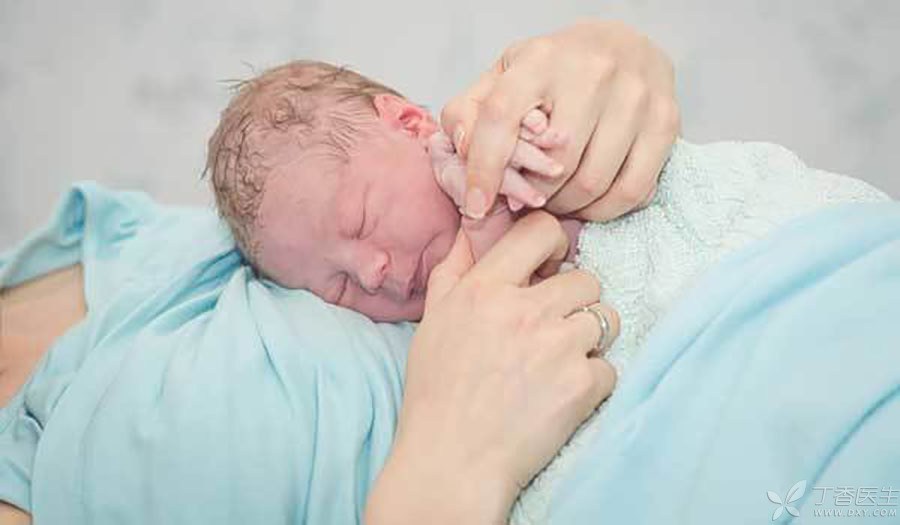
In the recent NPC and CPPCC sessions, a proposal brought the pain of women’s childbirth back to the public’s eyes.
CPPCC member Huang Yuguang pointed out-
At present, the proportion of labor analgesia (painless labor) is very low nationwide, less than 10%. In order to reduce the pain of parturients, anesthesia analgesia should be comprehensively adopted during labor, and the training of anesthesiologists should be increased. It is suggested to set up anesthesiology at the undergraduate level in medical colleges and universities.

Why is painless childbirth proposed? Because having children is simply too painful.
How painful is it to have a child?

Clinically, the pain degree is usually graded according to 0 ~ 10:
- 0 points painless; 0 ~ 3 is divided into mild pain; 4 ~ 6 is divided into moderate pain; Severe pain above 7 points; 10 points is the most severe pain imaginable.
Existing medical research has shown that the degree of pain in childbirth can reach Grade 9, which is only lower than the severe pain of burns and colic of liver and kidney stones, and is the third pain.
Pain in childbirth is a female [patent]. According to foreign statistics, only 1% of lucky parturients feel less pain in giving birth.
Labor pain is not only psychological and physical suffering, but also has adverse effects on the mother and fetus.
In the case of extreme pain, the heart rate of the parturient will increase, while for the parturient suffering from preeclampsia, hypertension, cerebral aneurysm and heart diseases, labor pain is likely to be fatal.
The mother who experienced it recalled that natural childbirth was “an unforgettable pain that made her feel devoid of dignity”.
From hell to heaven, only 10% of women can enjoy it.

Painless delivery is a method that can keep the parturient awake all the time. It blocks only local sensory nerves and does not affect uterine contraction or abdominal muscle strength. It can enable the parturient to continuously actively cooperate with uterine contraction force under the condition of awake without affecting delivery time.
Moreover, due to local anesthesia, the amount of anesthetic entering the blood is very small and will not affect the fetus.
Painless childbirth can reduce the pain of childbirth from level 10 to the mild pain of about level 3 that can be tolerated. Mothers who have experienced painless childbirth all describe it this way:
The whole process is basically painless.
The switch from hell to heaven.
The baby was born when chatting and telling jokes.
Public data show that 61% of parturients in the United States will use labor analgesia during childbirth, but in China, only 10% of [lucky mothers] can enjoy this technology.
Because of ignorance and prejudice, they did not choose painless childbirth.

Painless childbirth has been popularized in China for 20 years, but its popularity to the public is too low.
In the 35th week of the third trimester of pregnancy, Hangzhou’s Ms. Chen, a expectant mother who has been engaged in medical science popularization, firmly chose painless childbirth in the first trimester of pregnancy. To her surprise, few of her more than 100 local mothers of the same pregnancy knew and chose painless childbirth.
Many mothers have heard of it, but they do not know it is what.
The most regrettable thing is that another mother came to me privately and said that painless childbirth had side effects, urging me to change my mind.
A little knowledge or even misunderstanding of painless childbirth is the main reason why many waiting parturients could have enjoyed it but did not choose painless childbirth.
There is also a greater reason why painless childbirth is difficult to carry out, which comes from the public’s [obsession and prejudice] towards the pain of women’s childbirth.
Many mothers have said that they cannot get the support of their families or even their husbands when facing the choice of a better and more comfortable production experience.
This kind of prejudice ignores the dignity of being a mother and [kidnaps] too many mothers, as if it is right to have children with pain, cannot suffer pain and suffering, and is not a good mother.
The parturients who should have enjoyed the dignity of childbirth were severely blocked from painless childbirth.
There are few hospitals and anesthesiologists, and they do not enjoy painless childbirth.

Many mothers said that they wanted to do it very much, but their hospitals did not. Some mothers were told before giving birth that there were not enough anesthesiologists to do it.
According to a survey by the Beijing News, the popularity of painless childbirth in obstetrics and gynecology hospitals is higher than that in general hospitals, and that in private hospitals is higher than that in public hospitals.
Huang Yuguang, a member of the Chinese People’s Political Consultative Conference, said that the shortage of anesthesiologists was the most direct reason for the low prevalence of painless childbirth.
There are more than 85,000 anesthesiologists in the country, with a gap of 300,000, while there are at least 2.4 anesthesiologists per 10,000 people in Europe and the United States.
Tian Jishun, a senior obstetrician and gynecologist, admitted frankly that the technical threshold for painless childbirth is not high, but the reason why hospitals have not fully popularized painless childbirth is still that there is too little money.
The cost of painless childbirth is not high. For hospitals, it can be done or not.
Anesthesiologists need to be on standby 24 hours a day, but an operation can only be allocated 50 yuan.
If the treatment for anesthesiologists can be improved, what else will anyone not be willing to do?
Anesthesiologists do not like to do it, and hospitals do not take the initiative to carry out it, making it difficult to promote the popularization and application of painless childbirth in China.
Last August, the incident of expectant pregnant women jumping off a building in Yulin, Shaanxi Province was still vivid in my mind.
A 26-year-old expectant mother was about to welcome a new little life, but with deep fear of the pain of natural childbirth, she chose to jump down and end her life.
If there had been painless childbirth to choose from, perhaps tragedy would not have happened.
Li Yinhe, an expert from the Chinese Academy of Social Sciences, once said: Whether a parturient suffers from childbirth reflects the degree of civilization of a society. Alleviating pain for parturients is a respect for individual life and also reflects a kind of fertility civilization.
I hope every woman who is about to become a mother will enjoy her due dignity.
